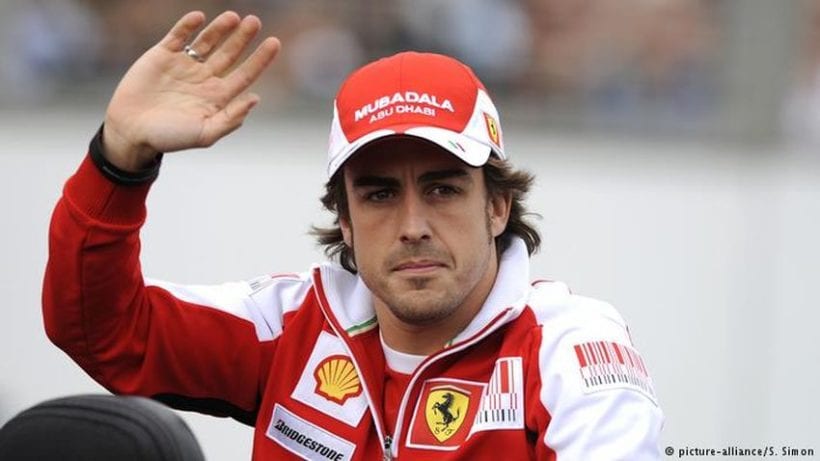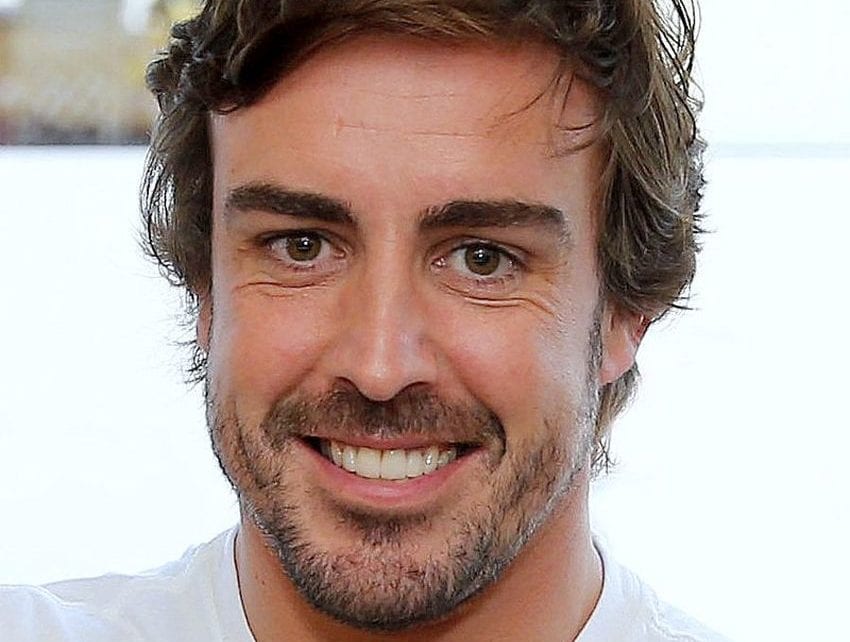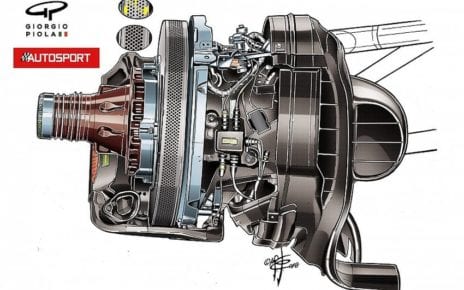Fernando Alonso was one of the most talented racer whose career promised so much. His fans and himself seem to be disillusioned with his departure from Formula 1, but somehow it didn’t come as a surprise.
This true racing genius and a two-time world champion, didn’t get the chance to match his idol Ayrton Senna with three won championships, or maybe to match Schumacher with seven, because he did have a potential for it.
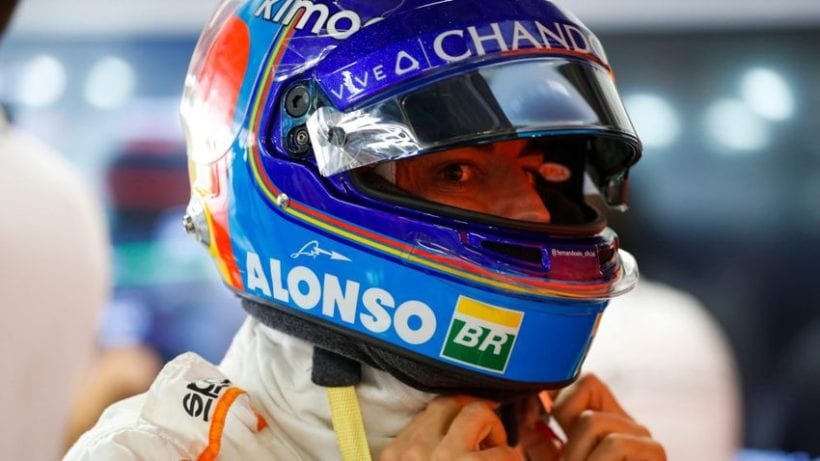
In late 1998, he had his first test in a single-seater, and his career with it debuted in 1999, when he won his first championship. He was rewarded with a Minardi F1 test for being faster than anyone else for 1.5 seconds. Next year, he was signed up as a tester for Benetton, and in 2001 his first F1 debut was made.
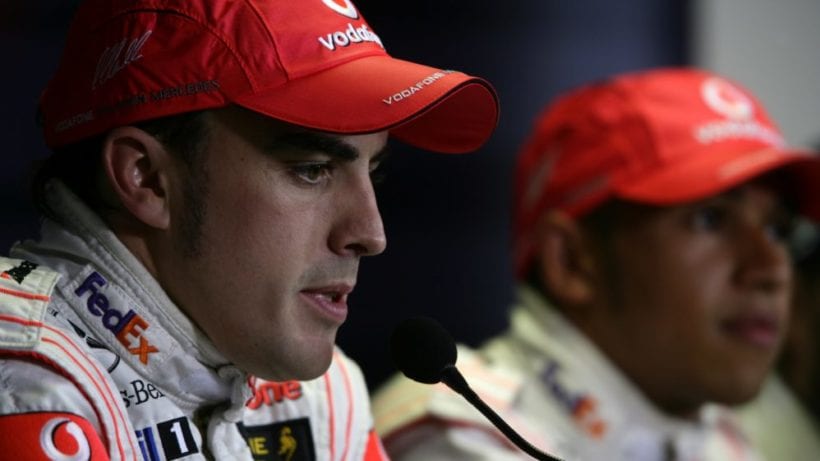
The youngest pole sitter in F1 history, the youngest race winner and the youngest world champion, were all the titles he earned though his career. In 2005, his performances were stunning. Together with Renault’s feat, he crushed dominance of Michael Schumacher and Ferrari. It was believed that he was unstoppable. ’05 and ’06 were his years.
Partnership he had with Lewis Hamilton could have been something amazing, but Alonso’s ego and poor management he had, ruined that opportunity.
Alonso liked to play Machiavellian politics, even though he was really bad at them. His own ego got in a way of his career and fulfilling his potential.
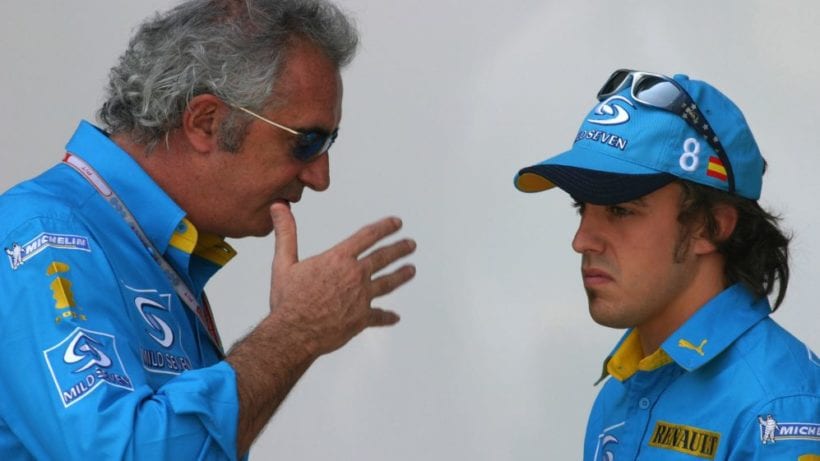
Japanese teaching, in particular Bushido, was a big interest of Alonso’s. He claimed to be inspired by Hagakure, Yamamoto Tsunetomo’s 18th century spiritual guide for the warrior. Bushido itself is the code of the Samurai about moral values, such as righteousness, courage, benevolence, respect, sincerity, honour, loyalty and self-control. Alonso even got himself a tattoo of an ancient Samurai, and this is what he said about the tattoo: „…A way for me to remember who I am, where I come from and the strength I possess. The Samurai take everything to another level: one must fight, things don’t just happen. It also reminds me of something important that happened to me: the Samurai in the drawing is kneeling, almost in defeat, but always looking up.“ Yet, many believe that he didn’t really go by his words.
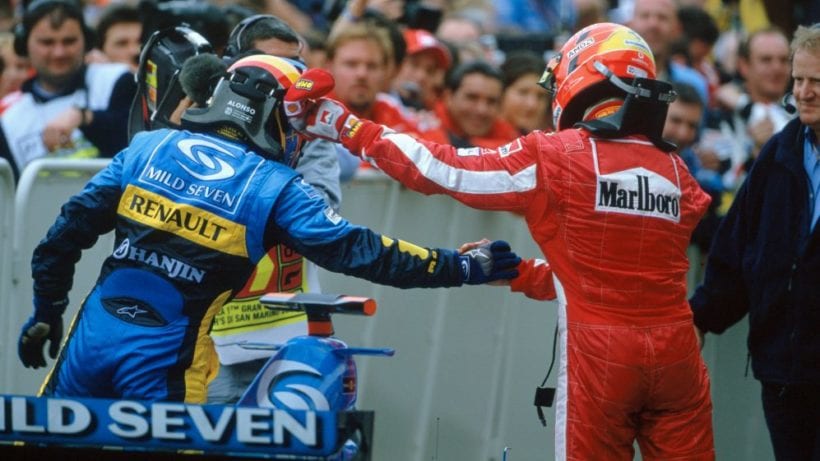
People who worked with him at Andretti for the Indy 500, and the ones at Toyota, watching him win Le Mans, say he was intelligent, comitted and gifted driver. During his final years in Formula 1, it seemed that he had changed, becoming something like a villain. It had a lot to do with the way press was portraiting him, but also with the way he was truly changing.
Once, he was asked about who he really was: the politician, the passionate racer, the hero, or the villain. He answered amicably: „I don’t know. I think it’s a mix of everything and everyone gets a different perception. That’s the good thing about life. You are different people for different situations.“
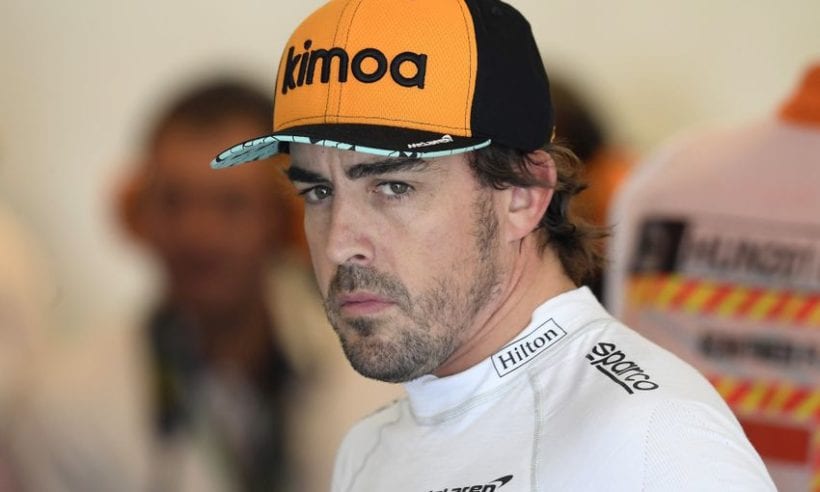
He also talked about things he did in the past, to be more precise in 2007, when he had forgotten to enjoy racing, and in 2010, when he missed championship and used to cry every night.
He was one of the most brilliant racers, and yet we didn’t see his full potential being made. Of course, noone is more sorry than himself about that.
